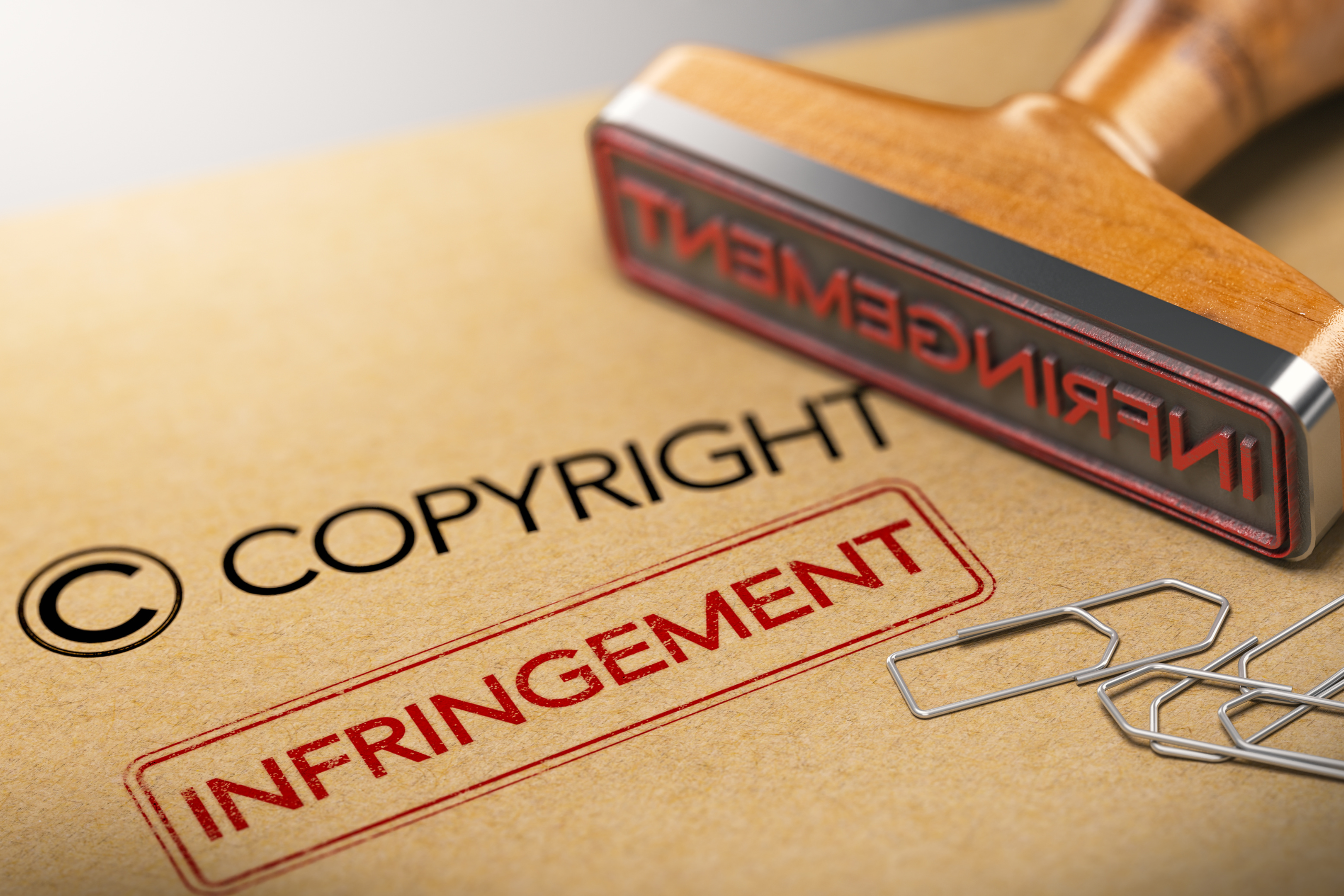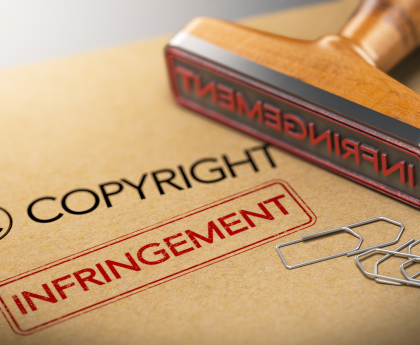A Comprehensive Guide to Copyright: Objectives, Eligibility, Benefits, and Regulations
Introduction: If you’re a creator of original works, from books and music to art and software, protecting your intellectual property is crucial. This blog post offers a comprehensive overview of copyright, covering its definition, significance, acquisition, benefits, and necessary regulations.
What is Copyright?
Copyright is a legal safeguard granting creators exclusive rights over their original works. These rights include control over reproduction, distribution, performance, display, and derivative works. Unauthorized use requires permission or a license from the author.
Why is Copyright Important?
Copyright fosters creativity and innovation by rewarding creators. It safeguards authors’ moral and economic interests, preventing unfair use. Moreover, it facilitates knowledge and culture dissemination, ensuring authors receive recognition and compensation.
How to Obtain Copyright?
In most countries, copyright is automatically granted upon the creation of an original work. While registration isn’t mandatory, certain countries may require it for specific works or legal purposes. Understanding your local regulations is essential before publishing or distributing your work.
Benefits of Copyright
As the work’s owner, you control its use and receive compensation. Copyright allows transferring or licensing of rights, with legal recourse against unauthorized use. Remedies include injunctions, damages, or penalties for infringement.
Regulations and Responsibilities
Creators must respect others’ rights, avoid infringement, and comply with fair use or fair dealing exceptions. Knowing the duration of copyright protection (usually life plus 50 or 70 years) and public domain status is vital.
How to Apply for Copyright Registration in India
Step 1: File an Application
Submit an online application on the Copyright Office website, providing work details and a declaration of originality. Multiple works can be filed in a single application.
Step 2: Pay the Fee
Pay the registration fee, varying by category and type of work, online through different payment methods.
Step 3: Receive a Diary Number
After submission and payment, receive a diary number for online tracking.
Step 4: Wait for Objections
A mandatory 30-day waiting period allows for objections. If none arise, the application progresses.
Step 5: Get the Registration Certificate
Upon acceptance, the Registrar issues a lifetime plus 60 years registration certificate.
How to Apply for Copyright Registration in UAE
Step 1: File an Application
Submit an online application on the Ministry of Economy’s website, providing work details and a declaration of originality.
Step 2: Pay the Fee
Pay the registration fee, varying by category and type of work, online through e-payment gateway.
Step 3: Receive a Reference Number
After submission and payment, receive a reference number for online tracking.
Step 4: Wait for Approval
The approval process duration varies based on the nature and complexity of the work.
Step 5: Get the Registration Certificate
Upon approval, the Ministry of Economy issues a lifetime plus 50 years registration certificate.
Conclusion
This guide has outlined the process and requirements for copyright registration in India and the UAE. By understanding the fees, documents, eligibility, and time frames involved, creators can protect their intellectual property rights effectively. For assistance, reach out to us at info@etaxdial.com.
Refrence: Copyright Office




